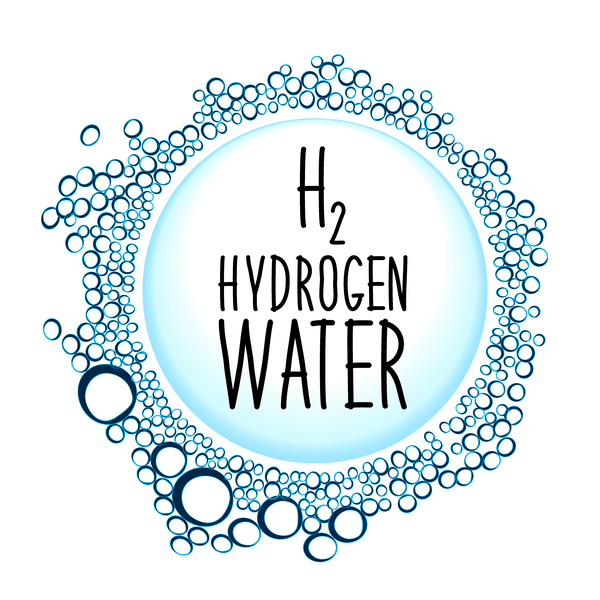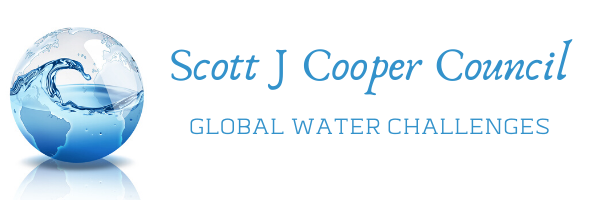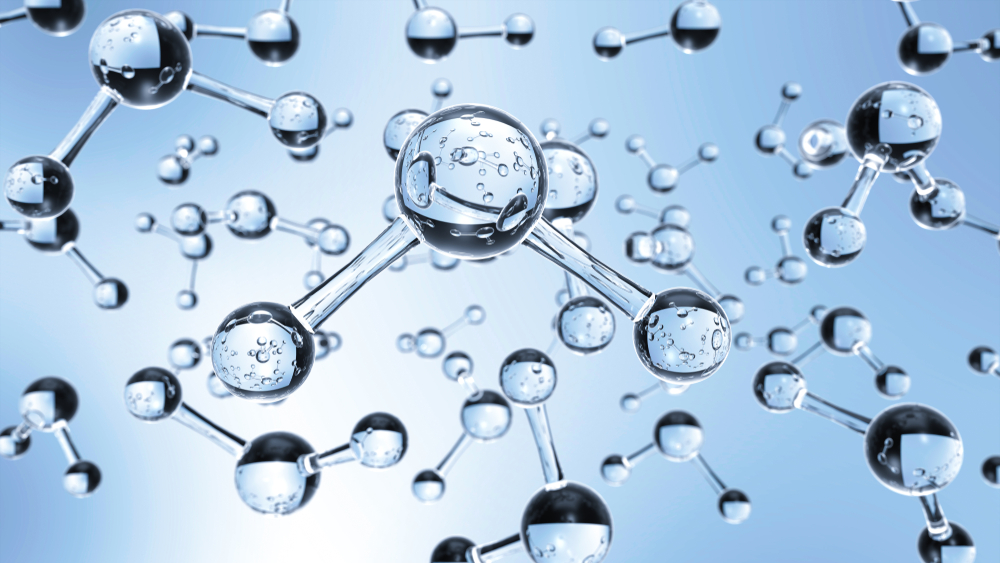If you want to stay hydrated, plain water remains your best bet.
This doesn’t stop some beverage companies from claiming that adding hydrogen water and other elements to water can intensify these benefits.
Hydrogen water: what is it?
Hydrogen water is regular water with extra hydrogen molecules added.
Hydrogen is a non-toxic gas that’s both colorless and odorless. Hydrogen binds to other elements like oxygen, carbon, and nitrogen to create compounds like sugar and water.

Water molecules contain a pair of hydrogen atoms and a single oxygen atom. Some content that adding extra hydrogen molecules to water delivers benefits that water alone cannot manage.
The Impending Water Crisis in the US
Hydrogen Goop Can Be A More Convenient Fuel Than Hydrogen Gas
Companies Claim Hydrogen Water Is Easier For The Body To Absorb
Well, your body struggles to effectively absorb the hydrogen found in water because it is bound to oxygen. By adding hydrogen, some companies assert, the molecules of hydrogen are free and become more accessible to your system. This is achieved by infusing pure water with hydrogen before it’s packaged up.
Hydrogen water is expensive at up to $3 a can even if you buy in bulk. The suggested minimum is 3 cans a day.
You could also buy hydrogen tablets and add these to plain water or carbonated water. You can buy these online or in health stores.
Hydrogen water machines allow you to recreate this process at home.
While water treated with hydrogen is claimed to reduce inflammation, increase athletic performance, and slow the aging process, there is limited research in any of these areas.
Bottom Line
Hydrogen water is regular water infused with additional molecules of hydrogen molecules. You can buy this water in cans or pouches. You can also use a special machine to make it at home.

